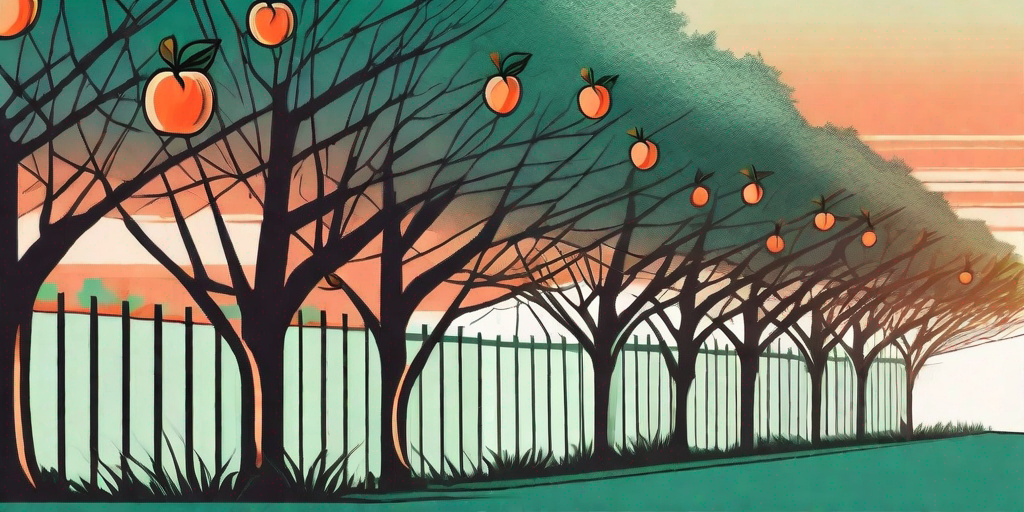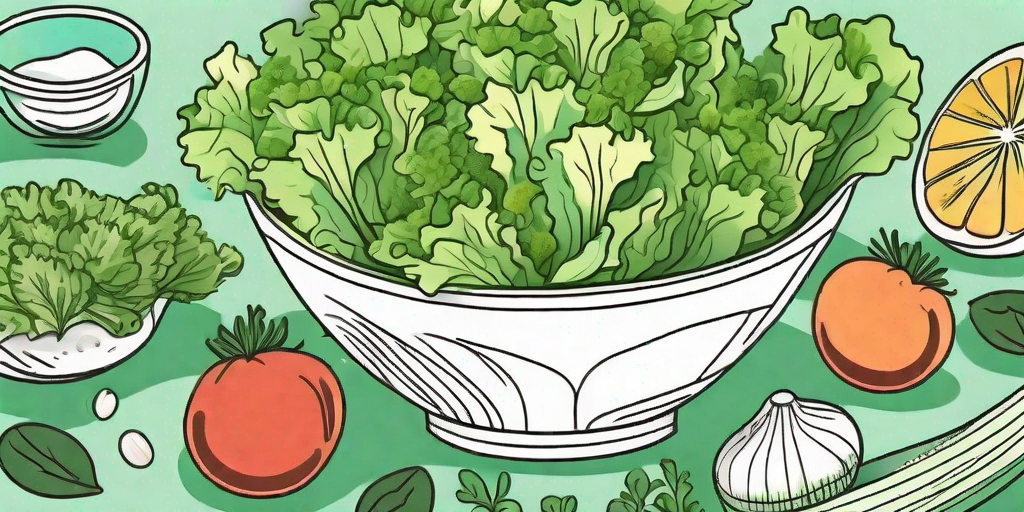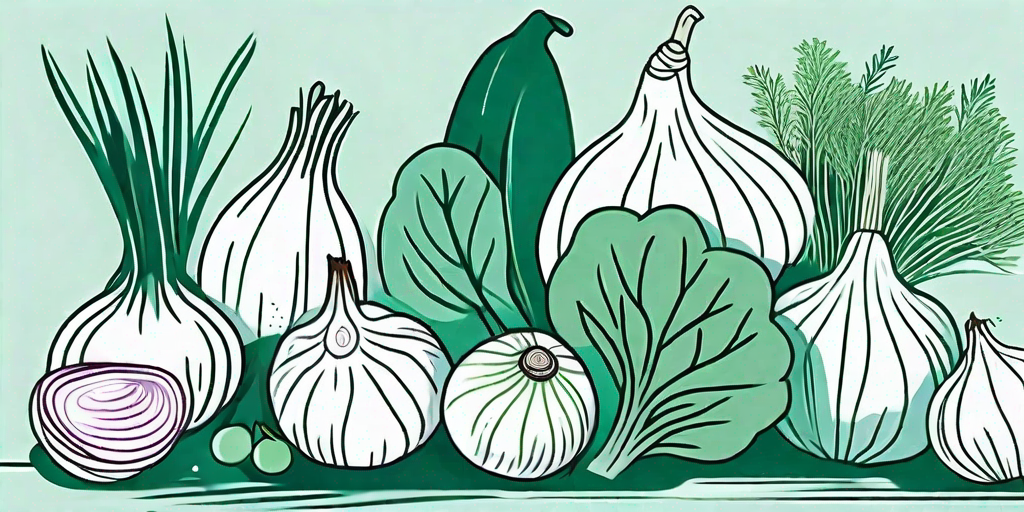
Welcome, green-thumbed enthusiasts and zucchini zealots! If you've been on the hunt for the secret to a bountiful zucchini harvest, you've come to the right place. Today, we're spilling the beans (or should we say, the compost?) on the ultimate fertilizer guide for your favorite summer squash.
Understanding Your Zucchini's Needs
Before we dive into the nitty-gritty of fertilizers, it's important to understand what your zucchini plants truly need. Like a petulant teenager, zucchinis have their own set of demands, and meeting these is key to a fruitful harvest.
Firstly, zucchinis love the sun. They're the sunbathing beauties of the vegetable world, soaking up those rays like there's no tomorrow. Secondly, they're thirsty creatures, requiring plenty of water to keep them plump and juicy. But, most importantly for our discussion today, zucchinis are ravenous eaters. They require nutrient-rich soil to grow to their full potential.
The Importance of Nitrogen
When it comes to nutrients, nitrogen is the zucchini's best friend. It's like the spinach to their Popeye, giving them the strength to grow big and strong. Nitrogen encourages leaf and stem growth, which in turn supports the development of those delicious fruits.
However, like any good thing, too much nitrogen can cause problems. Overdoing it can lead to lush, leafy plants with no fruit in sight. It's all about balance, folks!
Choosing the Right Fertilizer
Now that we've established what our zucchinis are craving, let's talk about how to satisfy their hunger. Enter stage right: fertilizer. But not all fertilizers are created equal, and choosing the right one can feel like navigating a minefield.
So, what should you look for in a zucchini fertilizer? Well, you'll want something high in nitrogen, but not too high. Remember, balance is key. You'll also want a fertilizer that contains phosphorus and potassium, two other nutrients that zucchinis love.
Organic vs. Synthetic Fertilizers
When it comes to choosing a fertilizer, you'll likely face the organic vs. synthetic debate. Organic fertilizers, like compost or manure, are made from natural materials and are a great way to improve soil health over time. They're the slow and steady winners of the race.
Synthetic fertilizers, on the other hand, are like a fast food meal for your plants. They provide a quick hit of nutrients, but don't do much for long-term soil health. They're great if you need a quick boost, but shouldn't be relied on for the long haul.
Applying Your Fertilizer
So, you've chosen your fertilizer. Now what? Well, it's time to get your hands dirty and apply that stuff. But before you go throwing it around willy-nilly, there are a few things to keep in mind.
Firstly, you'll want to apply your fertilizer before you plant your zucchinis. This gives the nutrients time to integrate with the soil and be ready for your plants when they arrive. Secondly, you'll want to follow the instructions on your fertilizer package. Too much can be just as bad as too little, so make sure you're using the right amount.
Top Dressing vs. Side Dressing
When it comes to applying your fertilizer, you have a couple of options: top dressing and side dressing. Top dressing involves spreading the fertilizer over the soil surface, while side dressing involves applying it to the soil around the plant.
Both methods have their pros and cons, so it's worth experimenting to see which works best for you. Just remember, the goal is to get those nutrients to the roots of your plants, so make sure your fertilizer is making its way down into the soil.
FAQs
When should I fertilize my zucchini plants?
You should fertilize your zucchini plants before planting and then again when the plants are about a foot tall. After that, you can fertilize every 4-6 weeks during the growing season.
Can I use coffee grounds as a fertilizer for my zucchini plants?
Yes, coffee grounds can be a great source of nitrogen for your zucchini plants. However, they should be used as part of a balanced fertilization plan, not as the sole source of nutrients.
What other plants can benefit from this fertilization guide?
Other heavy feeders like tomatoes, cucumbers, and pumpkins can also benefit from this fertilization guide. Just remember, different plants have different needs, so always do your research!
Conclusion
And there you have it, folks! The ultimate guide to fertilizing your zucchini plants for a bountiful harvest. Remember, it's all about understanding your plant's needs, choosing the right fertilizer, and applying it correctly. Now, go forth and grow some zucchinis!










